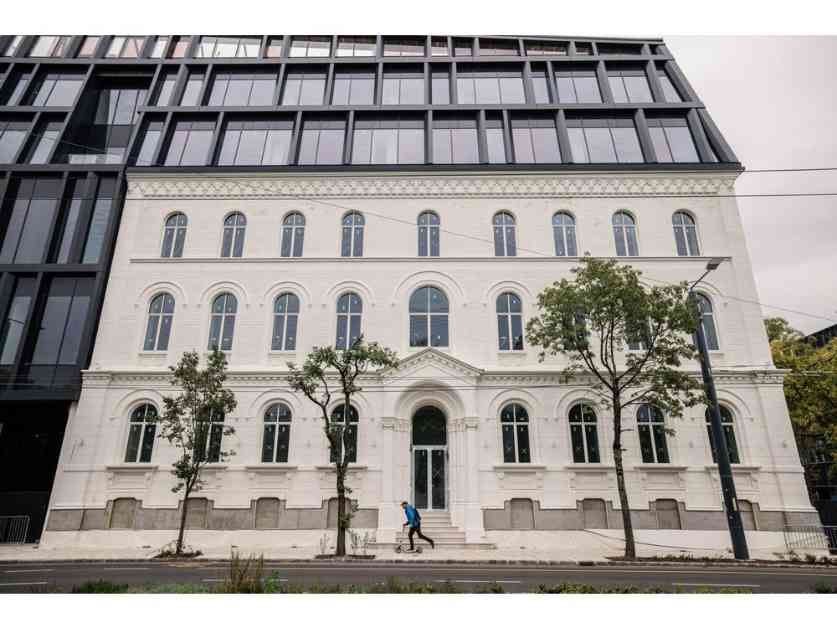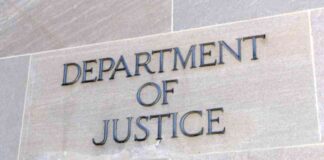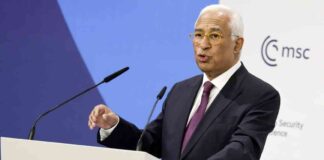A new office complex in Budapest, called Durer Park, has stirred controversy in Hungary due to potential cronyism involving Prime Minister Viktor Orban and his son-in-law, Istvan Tiborcz. The complex, with a reported cost of 120 billion forint, was initially struggling with low demand in the real estate market. However, a fund linked to Tiborcz agreed to sell the buildings to the government, sparking concerns about corruption and favoritism.
Opposition leader Peter Magyar has criticized the deal, highlighting it as an example of cronyism that has plagued Hungary’s political landscape. Magyar questions the necessity of such a large investment, totaling up to 650 billion forint, especially at a time when the government is implementing austerity measures in other sectors like healthcare and education. The purchase of Durer Park is just one of several high-value transactions orchestrated by Orban’s government, raising further suspicions of insider dealings.
Orban’s administration defends the investments as necessary for improving working conditions for state employees and cutting costs associated with outdated buildings. The Economy Ministry claims that the deals were favorable and expects them to break even in about 10 years. Despite allegations of cronyism, Tiborcz’s investment vehicle maintains that the decisions were made independently and at market prices.
The controversy surrounding Durer Park reflects broader concerns about corruption and transparency in Hungary’s political and business environment. Orban’s repeated denial of involvement in business deals has not assuaged public skepticism, especially as the country continues to face challenges in accessing EU funds due to concerns over governance. The reported prices and details of the office projects shed light on the complexities of commercial real estate investments in Budapest and the potential implications for economic development in the region.
Overall, the situation underscores the need for greater accountability and oversight in government transactions to ensure transparency and prevent conflicts of interest. As Hungary navigates political transitions and economic changes, addressing issues of cronyism and corruption will be crucial for fostering trust in institutions and promoting sustainable growth.






















